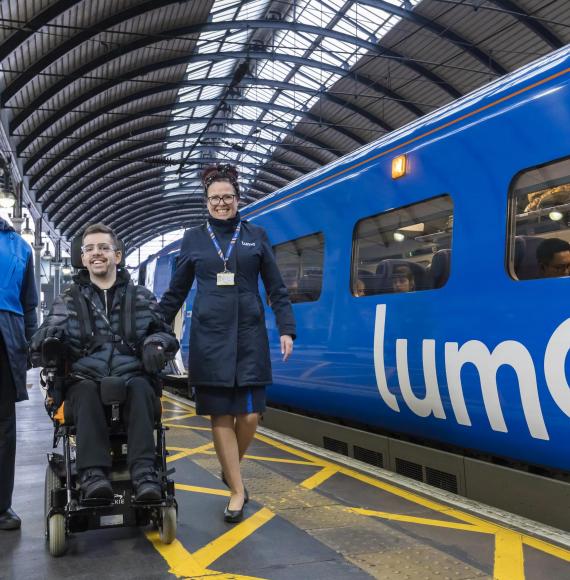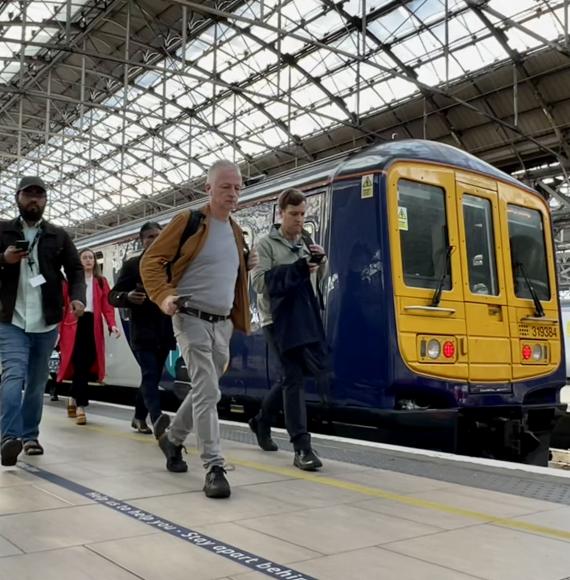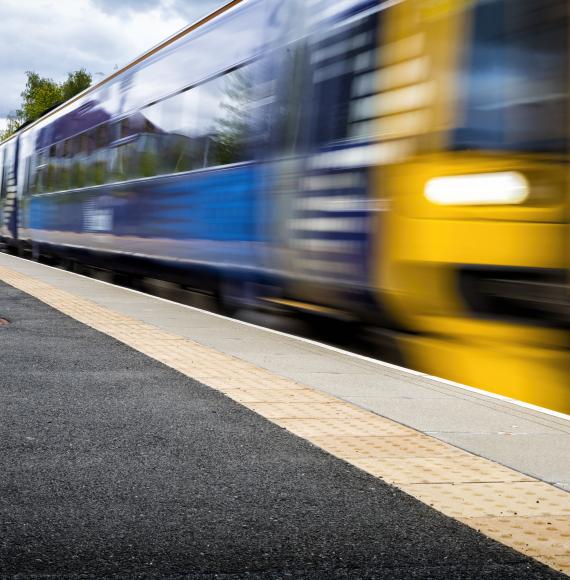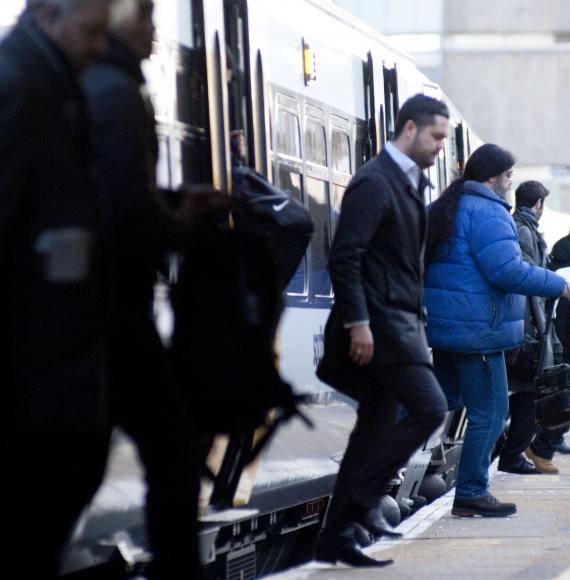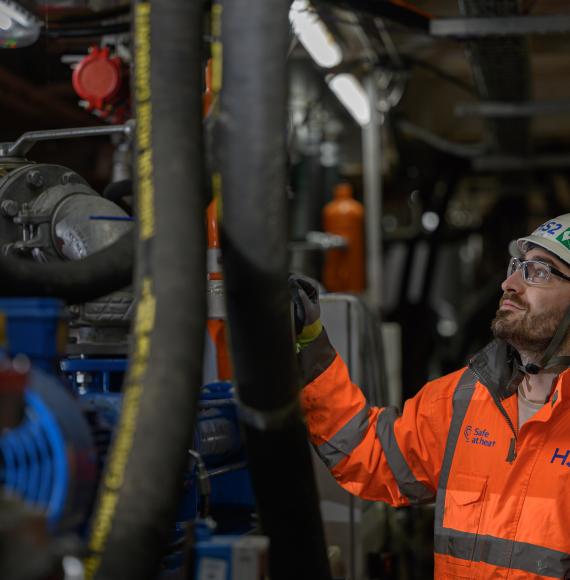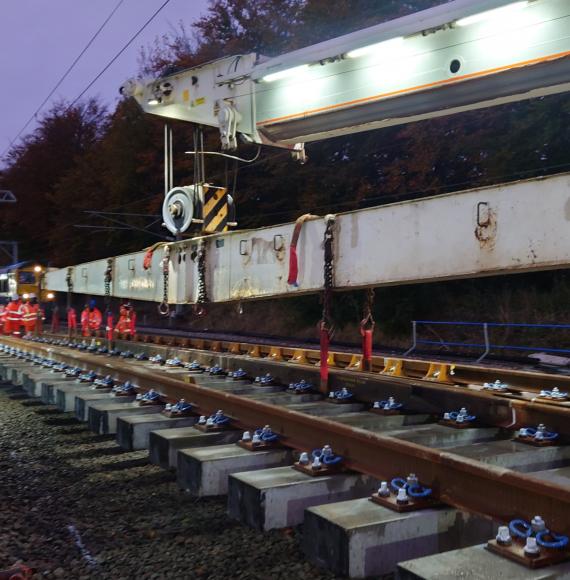The first session of the Transport Committee's inquiry into the future of transport data revealed a lukewarm reception for the government's strategy. While acknowledging its potential, experts highlighted shortcomings and called for a more ambitious vision. The inquiry was initially launched in June by the Transport Committee to explore better ways of handling data.
Professor Susan Grant-Muller, a leading expert, described the strategy as "foundational" rather than "ambitious," lamenting the absence of a bold vision for data's role in transforming transportation. This lack of vision is echoed by the fragmented landscape of data ownership and handling, with "little pots of data" scattered across operators, tech giants like Google, and even local authorities.
David McArthur, another expert witness, highlighted the challenges posed by this fragmentation. Each entity collects data for its own purposes, making it difficult to paint a holistic picture of our transport system. This, in turn, hinders efforts to improve efficiency, reduce environmental impact, and tailor services to user needs.
The Department for Transport has looked at changes to how the industry handles data and specifically rail and included the handling of data, the modernising of thee customer experience and operational performance a key part of its Great British Rail vision and the Plan for Rail. However, since the announcement of Great British Rail, a new data strategy has yet to be announced.
MacArthur also highlighted the issues with a lack of infrastructure outside of the capital and major urban areas which hinders operators. And as A.I and other forms of data become more prevalent, MacArthur highlighted the lack of skills in some areas to properly harness it.
And then there's the "culture of fear" around data sharing. Privacy concerns and regulatory hurdles create a chilling effect, impeding the flow of information that could benefit the public good.
Other barriers were named as contributing factors to the lack of necessary skills across the sector and the “culture of fear” around data sharing.
Professor Grant-Muller proposed a "public good test" as a potential solution. This approach would allow for data sharing when it demonstrably benefits the public, striking a balance between privacy and progress.
Photo Credit: iStock




